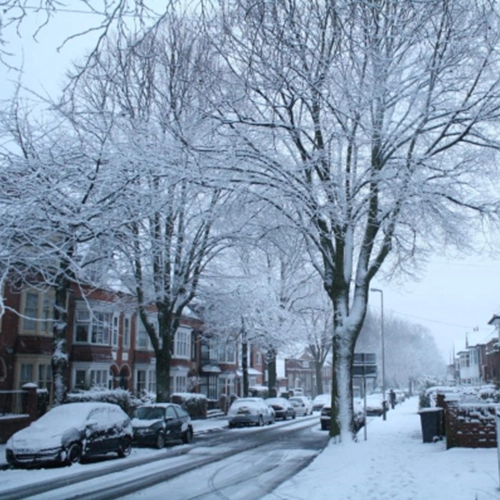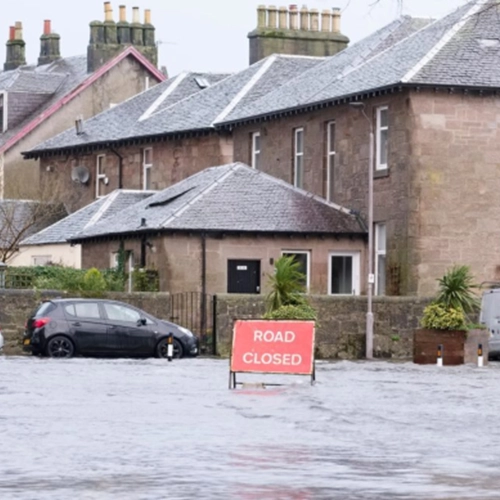01 December 2022
The winter months: how to protect your home
2 minutes
The winter months often bring with them adverse weather conditions, low temperatures and periods of extreme wind and rain.
With this differing weather comes more risk to your home. From frozen pipes to falling debris, the chance of damage to your property is higher, but there are measures you can take to lower the risk of serious loss.
We have put together the following top tips for protecting your home from winter damage:
Freezing temperaturesFreezing temperatures can cause significant and costly damage to a property’s pipes. To pre-empt this, here’s some advice:
|
 |
If you find a pipe is frozen and needs defrosting, start at the furthest point from the tank, using hot towels or a hair dryer to gently warm it up. If you have a burst pipe, a water leak detector can reduce the effects of water damage. These work in two ways, with the more advanced devices automatically shutting off the incoming water mains supply. Other devices text an alert to your mobile phone. Simpler shut-off valves are also available.
 |
Wet weather conditions and stormsEven if you feel you are in an area with a low risk of flooding, remember that anywhere it rains, it can flood. Just because you haven’t experienced a flood in the past doesn’t mean you won’t in the future.
|
If the Met Office issues a warning for heavy rains and flooding in your location, make sure you are prepared.
Check your home insurance
Even if you’ve taken steps to protect your home this winter, accidents can still happen. That’s why you should ensure that you have adequate home insurance cover that includes bad weather coverage. Most buildings insurance policies will include this, but it’s worth checking to prevent any unnecessary expenses or nasty surprises.
How a broker can help
A specialist home insurance broker, like Howden, can talk to you about your property and make security and safety recommendations. Should you have a property which is unoccupied during the winter months, we can introduce you to property management companies. It’s just one of the many benefits of using a broker.
